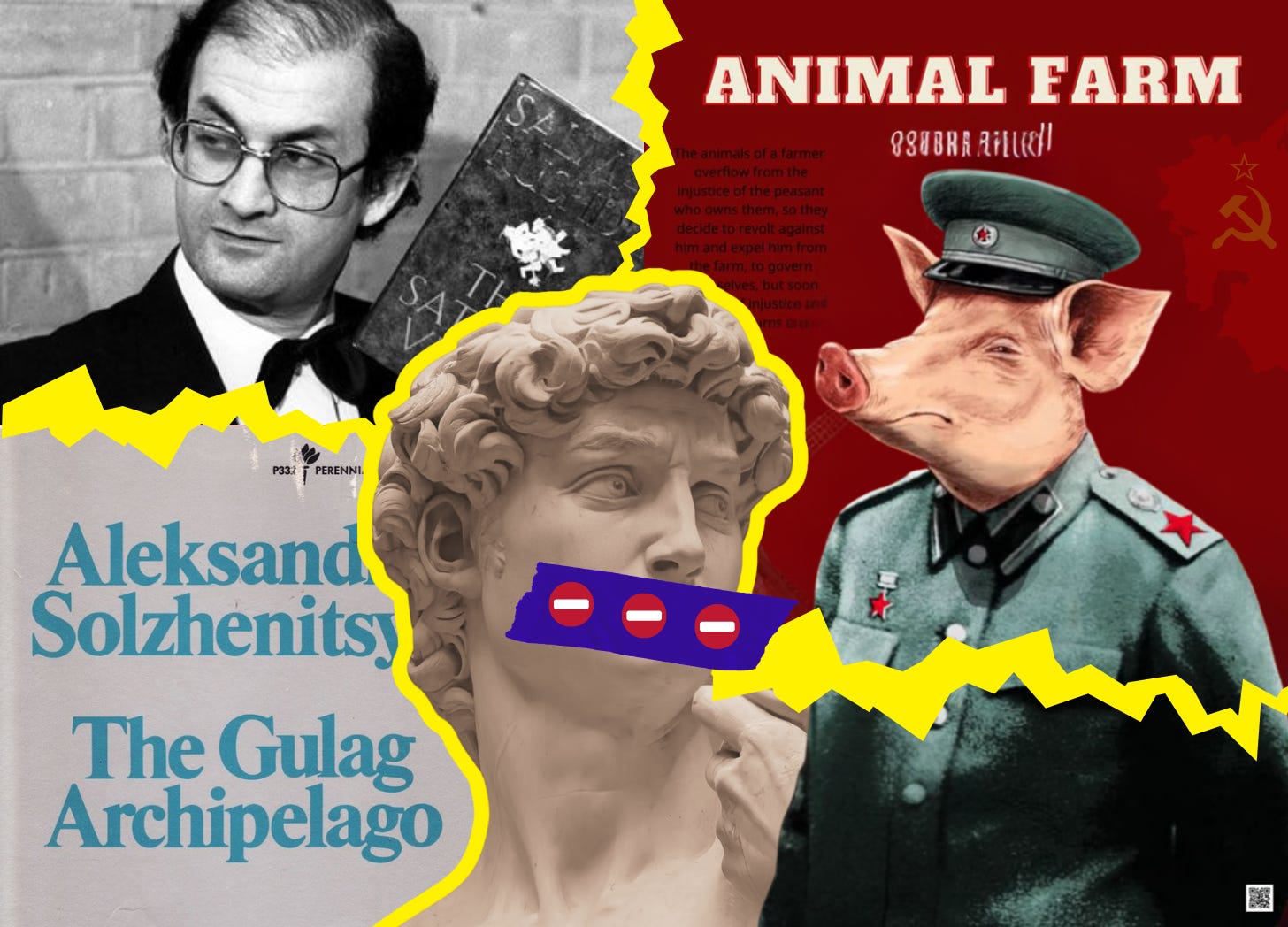The Emergence of Literature in Times of Political Adversities and the Birth of New Genres
Political adversity often necessitates innovation in literary form and content. Some of the most significant literary genres have emerged in response to turbulent political landscapes.
Literature has always been a powerful reflection of society, evolving in response to political, social, and economic turmoil. During times of political adversity, be it war, colonialism, dictatorship, or revolutions, writers often find themselves at the crossroads of resistance and artistic expression. Such periods not only shape literary narratives but also give birth to new genres that encapsulate the struggles, hopes, and ideologies of the time. This article explores how political adversities influence literature, fostering the emergence of new genres that capture the collective experiences of societies in turmoil.
Political upheavals disrupt established norms, forcing societies into periods of reflection and reinvention. Literature, being an art form deeply rooted in human experience, serves as a medium to document oppression, inspire resistance, and question authority. Historically, political adversities have led to a surge in literature that is both revolutionary and introspective. Writers take on the role of historians, chronicling events as they unfold, and of philosophers, analysing the consequences of these upheavals on individuals and society at large. This dual role leads to the emergence of new literary movements and genres that redefine storytelling.
Political adversity often necessitates innovation in literary form and content. Some of the most significant literary genres have emerged or gained prominence in response to turbulent political landscapes. Dystopian literature thrives in times of authoritarian rule and censorship, serving as a cautionary tale that warns against the perils of unchecked power. The 20th century, marked by world wars and totalitarian regimes, saw the rise of dystopian classics such as George Orwell’s “1984” and Aldous Huxley’s “Brave New World”. These works reflect anxieties over state control, surveillance, and the erosion of individual freedoms. In contemporary times, dystopian fiction has evolved to address issues like climate change, digital authoritarianism, and corporate hegemony, proving that literature remains a relevant critique of political realities.
The decline of colonial empires in the 20th century gave rise to postcolonial literature, a genre that highlights the struggles of formerly colonized nations. Writers like Chinua Achebe in “Things Fall Apart” and Salman Rushdie in “Midnight’s Children” use storytelling to reclaim indigenous narratives and challenge Eurocentric perspectives. This genre provides a voice to the marginalized, exposing the lingering effects of imperialism, cultural dislocation, and identity crises. In doing so, it reshapes historical discourse and offers new perspectives on national identity and heritage.
Satire has long been a weapon against political oppression, using humour and irony to expose corruption, hypocrisy, and social injustice. Writers like Jonathan Swift in “Gulliver’s Travels” and George Orwell in “Animal Farm” employed allegorical storytelling to critique the ruling elite without directly inviting censorship. In modern times, satire continues to thrive in literature, film, and digital media, reflecting an ever-evolving means of political resistance.
Political adversities such as war, persecution, and forced migration have given rise to exile and diaspora literature. This genre captures the experiences of those who have been uprooted from their homelands, exploring themes of nostalgia, loss, and cultural hybridity. Writers like Khaled Hosseini in “The Kite Runner” and Chimamanda Ngozi Adichie in “Americanah” narrate the emotional and psychological impact of exile, shedding light on the human cost of political conflicts.
Resistance literature emerges as a direct challenge to oppressive regimes, serving as a tool for mobilization, spreading revolutionary ideas, and galvanizing mass movements. This genre includes poetry, memoirs, and novels that advocate for human rights and social justice. From the works of Pablo Neruda and Langston Hughes to contemporary poets addressing modern struggles, resistance literature continues to be a voice for the voiceless.
Literature does more than document political struggles; it influences public opinion and fosters collective awareness. Writers and intellectuals often play a crucial role in shaping ideologies, challenging state narratives, and inspiring change. Harriet Beecher Stowe’s “Uncle Tom’s Cabin” was instrumental in the anti-slavery movement in the United States, while Aleksandr Solzhenitsyn’s “The Gulag Archipelago” exposed the brutal realities of Soviet labour camps. These literary works had tangible political consequences, proving that literature is not merely a reflection of history but a force that can shape it.
Despite its transformative power, politically charged literature often faces censorship and persecution. Governments and authorities fearful of dissent attempt to suppress literary works that challenge their legitimacy. Writers like Salman Rushdie, who faced a fatwa for “The Satanic Verses”, and journalists imprisoned for speaking out against regimes exemplify the dangers of political writing. However, censorship often fuels underground literary movements, where literature finds alternative means of dissemination, from samizdat publications in Soviet Russia to digital activism in the modern era.
In times of political adversities, literature serves as both a mirror and a lamp, reflecting societal struggles while illuminating paths to change. The emergence of new literary genres during crises underscores the resilience of the human spirit and the enduring power of storytelling. As political landscapes continue to evolve, so too will literature, adapting to new challenges and offering fresh perspectives. Whether through dystopian warnings, satirical critiques, or poignant memoirs, literature remains an indomitable force in the fight for truth, justice, and freedom.
This piece is written by Poorvi Modi




